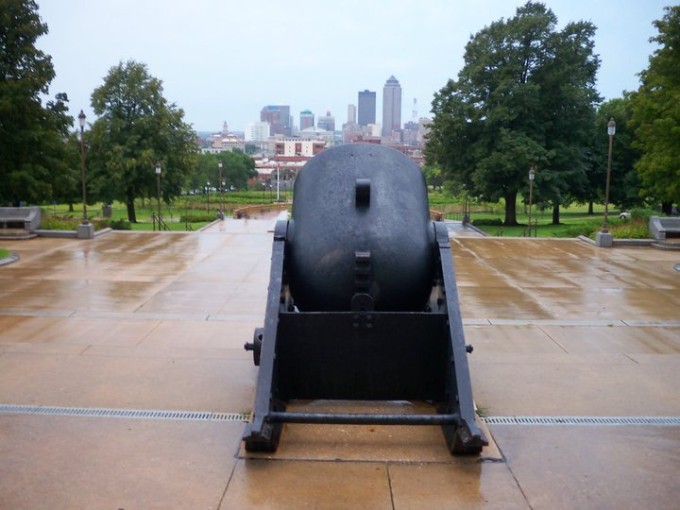
Thursday, 6 August 2015
So we are always confident, knowing that while we are at home in the body we are absent from the Lord.
2 Corinthians 5:6
Verse 6 is an unfinished sentence in the Greek. It picks up with the same verb (are confident) in verse 8 with its continuing thought while verse 7 is bracketed by the two. The Greek word for “are confident” shows the unswerving nature of those who have a firm hope in what lies ahead for the believer. Paul and the apostles had such confidence and so they pressed on. He says, “…knowing that while we are at home in the body we are absent from the Lord.”
In this statement he uses two words which are only found in this chapter –
1) endémeó – It is used three times in verses 6, 8, and 9 – It means “properly, be present (at home), as amongst one’s own type of (kindred, related) people.”
2) ekdémeó – It is also used three times in the same verses, 6, 8, and 9 – It means “being absent” and “portrays believers who are still alive as being ‘away from home’ (heaven), i.e. because still living in a mortal, physical body.”
While we are in this body, we are not in our true homeland. With our calling on Jesus Christ, we became adopted sons of God and have a new, heavenly home which we belong to. However, until we die or are raptured up, we are living away from this true home, being “absent from the Lord.” At some point, we will be reunited in our true home, but until then we are to be confident that we are where we should be. The Lord will determine when our homecoming will be.
Life application: Although we live in this world, we are not truly of this world. This is why Christians are often perceived as a threat or a nuisance. When we truly believe that this isn’t our home and act accordingly, then we demonstrate that we are strangers to those around us. People generally shun strangers in one way or another. And as the world continues to push God out of their lives, we can only expect to be further alienated from those around us. Let us cling fast to the truth that we have a better, heavenly home which awaits us.
Lord God, since I received Jesus, You have accepted me as Your adopted child. That means that I now have a heavenly home and an eternal promise ahead of me. And that means that this world is really no longer my home. As an alien here, I don’t fit in with the ways of this world and that is becoming more pronounced as it steadily turns away from You. However, I won’t lose heart. If the world comes against me, the only thing it can do is send me home to You… not a bad deal at all. I’m here until You’re ready to receive me! Amen.




